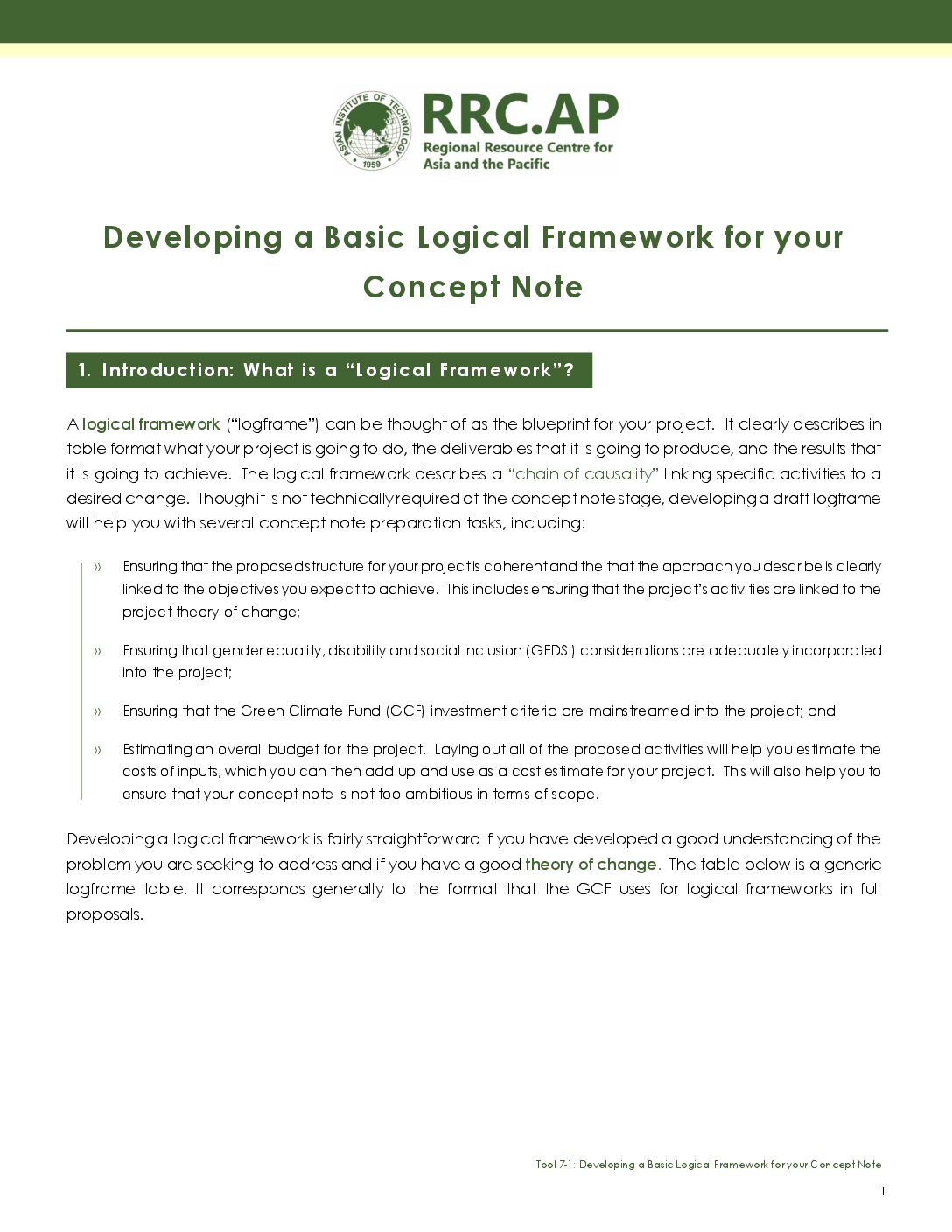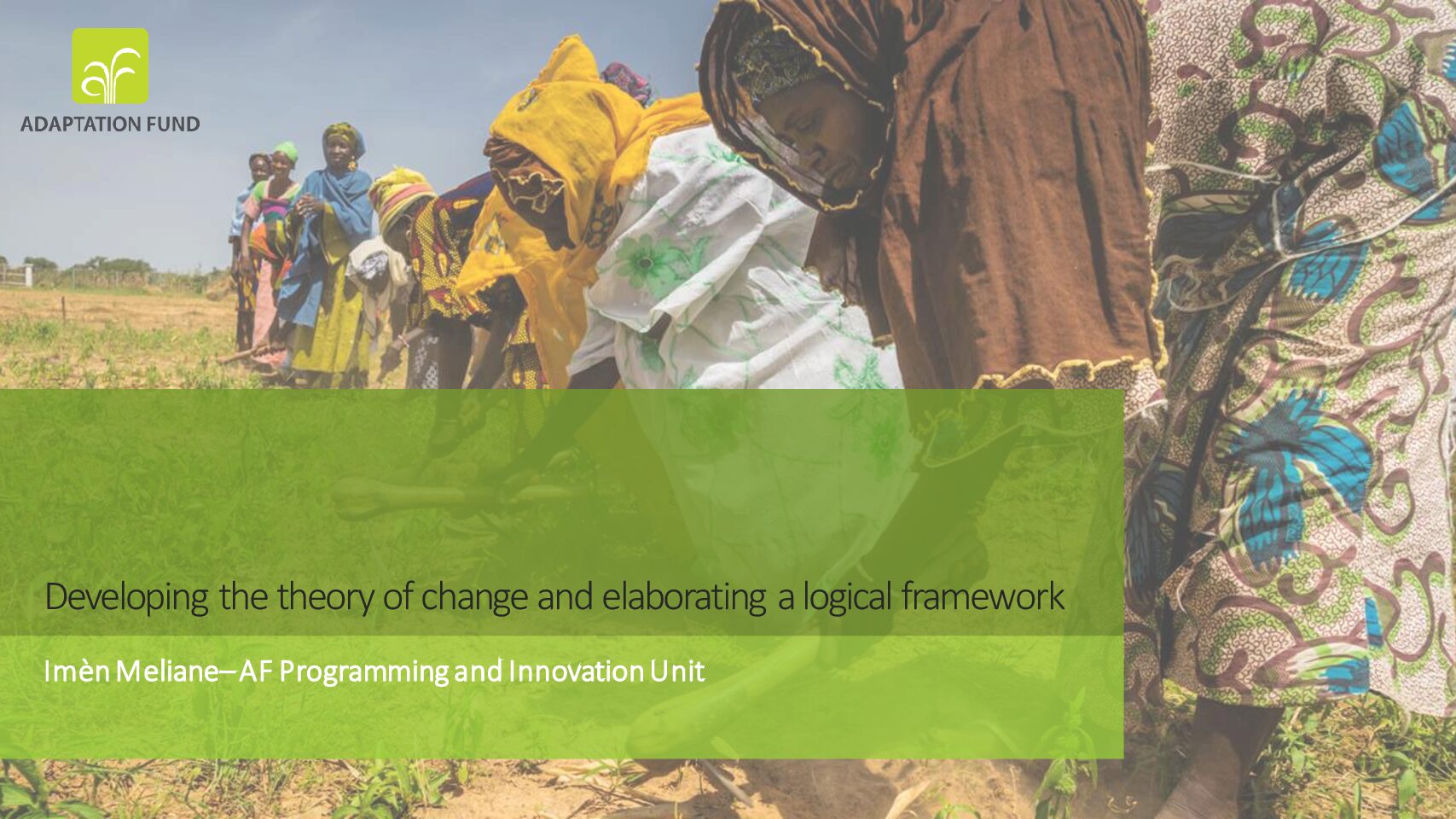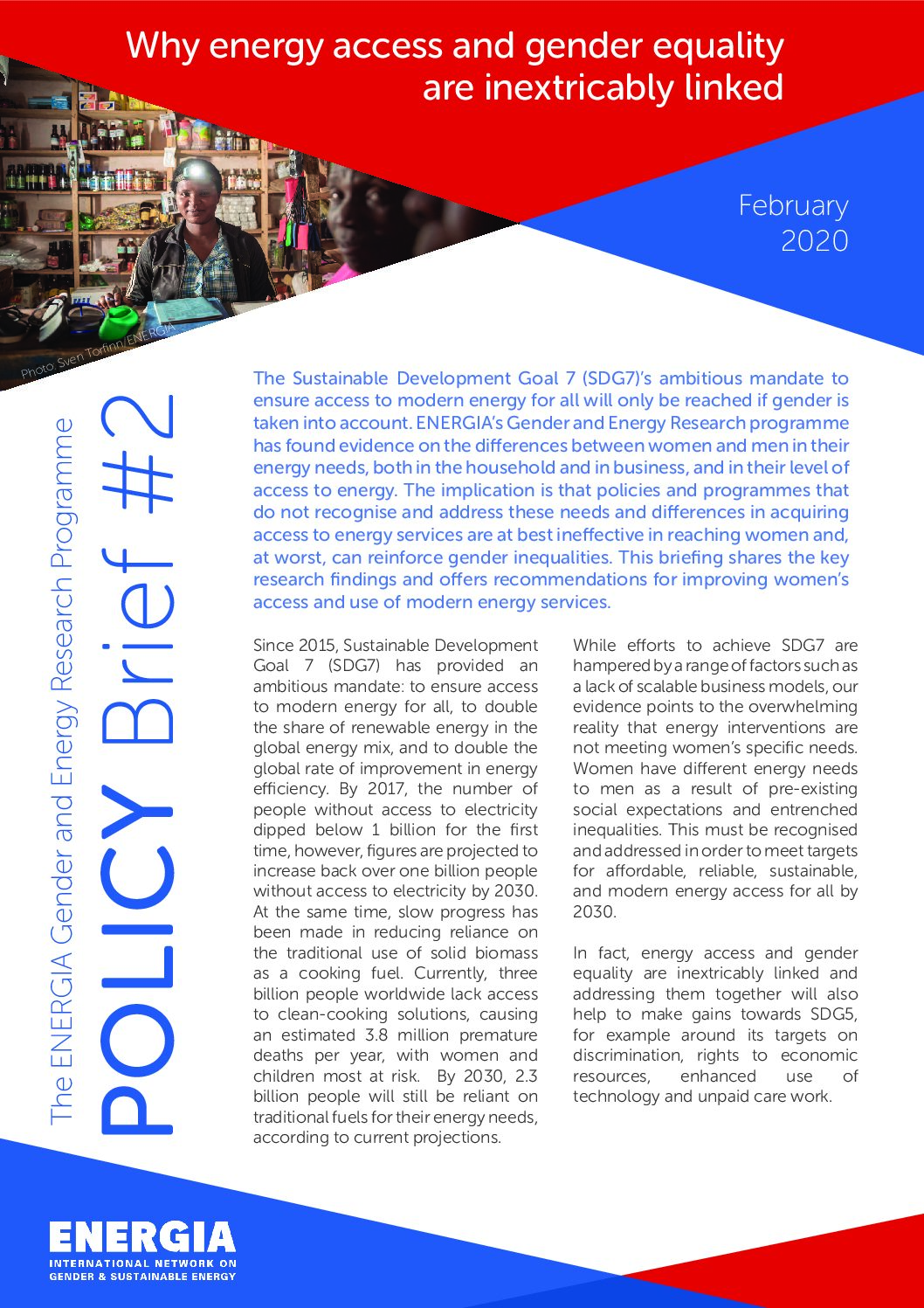This page is part of a UNDP guide to enterprise risk management (ERM). It explains how to identify risks, how to classify them and how to determine a response.
This guide walks you through the different stages of developing a logical framework for a climate project. It was written for practitioners developing concepts for large Green Climate Fund programmes, so you may not need to include all of the aspects in your proposal, but it is nonetheless useful to know what funders like to […]
This slide deck explains briefly, and using visuals and examples, how to develop a theory of change and logical framework for your project.
These two blogs (available in English and Spanish) explain why you should undertake stakeholder mapping, how to go about it, and how to engage the stakeholders you have identified.
Identifying Factors Associated with Consumers’ Adoption of e-Mobility—A Systematic Literature Review
This article investigates the following questions: 1) What are the associated factors that affect the consumer’s intention to purchase EVs? (2) What is the impact of sociodemographic variables on the adoption of EVs? (3) What are the main obstacles to and motivators for introducing EVs and the expected recommendations for manufacturers, politicians, governments, and scientists?
This publication provides templates to support any city authority, business, institution or charity that wishes to effect a positive change in mobility behaviour.
This report provides baseline data on women’s employment in hydropower, as well as information on barriers to gender equality and recommendations to close gender gaps.
This article investigates the benefits to women of electricity access, beyond just economic benefits.
This policy brief explains the links between energy access and gender equality, and provides policy considerations.
This report assesses the impact of the Ivorian National Rural Electrification Programme on the lives and empowerment of rural women.






